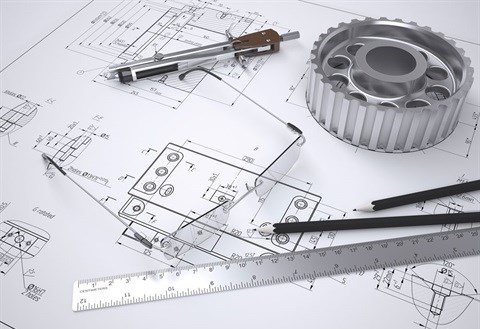Beware - the Cubans are coming! That's the clarion call from some of the most important umbrella engineering organisations in South Africa. One has to wonder if the response would be the same if the US Army Corps of Engineers made a similar offer of partnership or would we have rolled out the red carpet with lightning speed.
Manglin Pillay, CEO of the South African Institute of Civil Engineers (SAICE) pulls no punches - he wants the 'Cubans to go home'. One of the principle reasons he cites is echoed by the president of the Consulting Engineers of South Africa (CESA), Abe Thela, namely that South Africa's engineering registration body, the Engineering Council of South Africa (ECSA), does not recognise Cuban engineering skills and qualifications as Cuba is not a signatory of the Washington, Sydney or Dublin Accords.
While this is true, it is also true that there are protocols to examine and accredit professionals from beyond the accord signatories. The reality is that we sometimes forget how deeply entrenched the well propagandised apartheid era biases continue to be. Biases that dictate that only the west, in particular the Washington-London axis, dictates what is acceptable and good. I recall similar conversations about engagements with India and China not too long ago.
Insulting questions
Where, in the same vein, serious and somewhat insulting questions were asked about a candidate scientist who had a PhD from Peking University, as to whether it would be good enough for South African standards. This is the same Peking University that is ranked 41st in the Times Higher Education Supplement world university rankings. The highest ranked South African institution by comparison is UCT ranked at 124. The irony is that it is these very same western capitals that are beating an enthusiastic path to Beijing, New Delhi and Havana to set up new collaborations and business relationships.
We cannot escape the fact that South Africa is desperately short of engineering skills. A 2005 ECSA study reveals that South Africa's ratio of engineers per population stood at one engineer for every 3,166 people compared to Brazil at one per 227 people, the UK at one per 311 people and Australia at one for every 455 people. Allyson Lawless' study on behalf of SAICE in 2007 showed that we had three civil engineers for every 100,000 at local government level. The sector skills report from the Water Sector Leadership Group (2009) put the engineering skills shortage in the water sector at a deficit of 3,000 civil engineers, and revealed that the sector was operating at 43% capacity.
In spite of the gallant efforts of the Department of Water's Learning Academy, the DWA/DBSA Siyenza Manje project and the government SAICE partnership, we are still desperately short of civil engineering skills and particularly at local government level. In addition, 55% of the engineers in the system are over the age of 55 according to the ECSA 2013 skills survey. The survey also reveals the strong need for more diversity with the black : white ratio standing at 2:9 overall. There is definite movement in this regard as this ratio now stands at 2:7 for the engineers below the age of 30.
Wider range of partnerships
In the wake of these facts, are we having the right conversation about the Cuban engineers? Should we not be looking at the opportunity of an even wider range of international partnerships like the Cuban one to both expand our immediate capacity as well as to increase our teaching and mentorship pool to vastly increase our engineering and other skills bases. It is no co-incidence that the countries at the top of the world competitiveness index in the WCY 2015 are all net importers of skills and professionals. These international partnerships must fit into an innovative strategy that empowers and expands both the local skills base as well as the national industry players.
One of the strong arguments is that this presents risk to the South African engineering fraternity. It can if we are unimaginative. A little bit of creativity, a dollop of innovation and lots of hard work can result in a strategy to significant build both the South African skills base as well as the competitiveness of the South African engineer and South African engineering companies through smart and well-crafted international partnerships.
Through this we can develop an effective engineering sector that is better able to assist with delivery of basic goods and services to the country and increase South Africa's global market share. It is a model that South Africa needs and one that South Africans deserve.




























